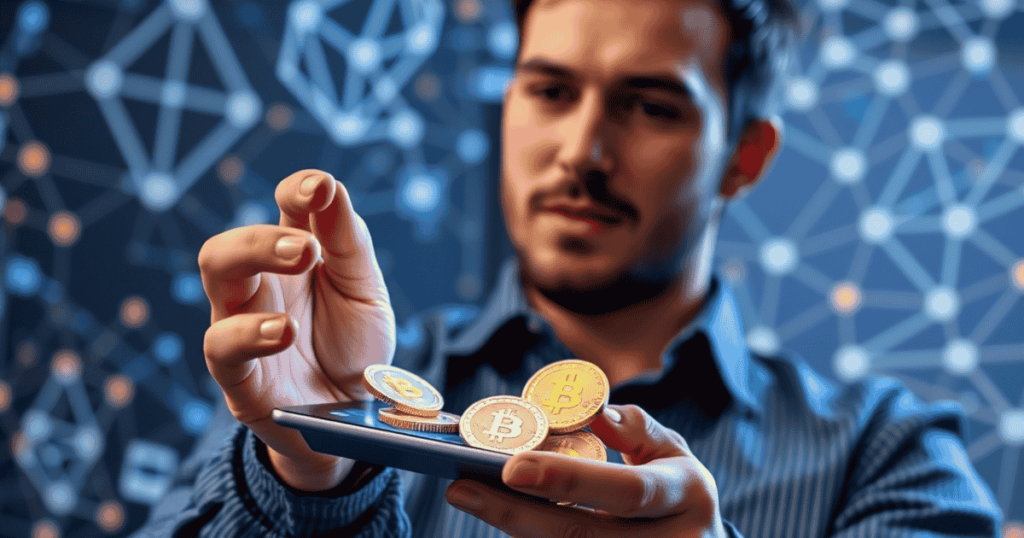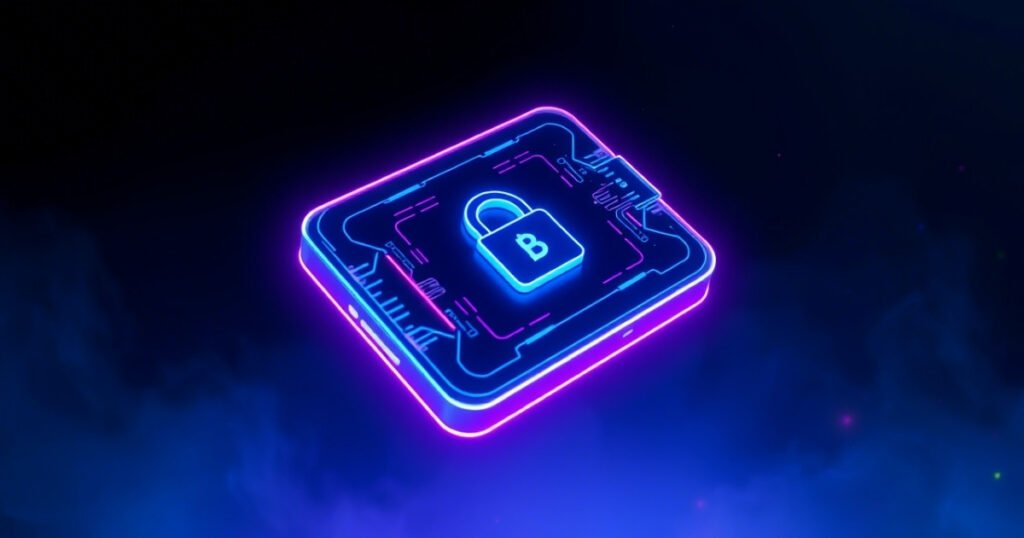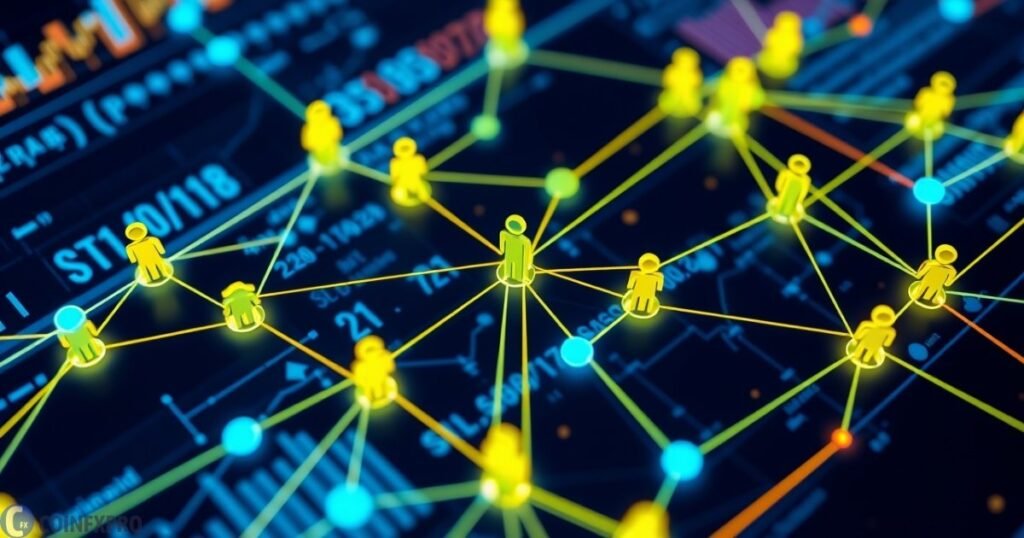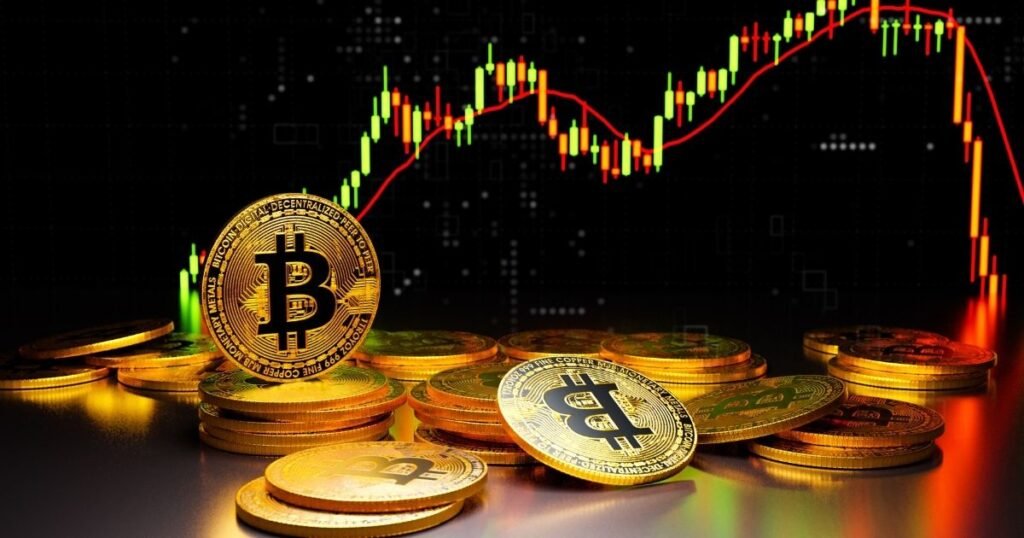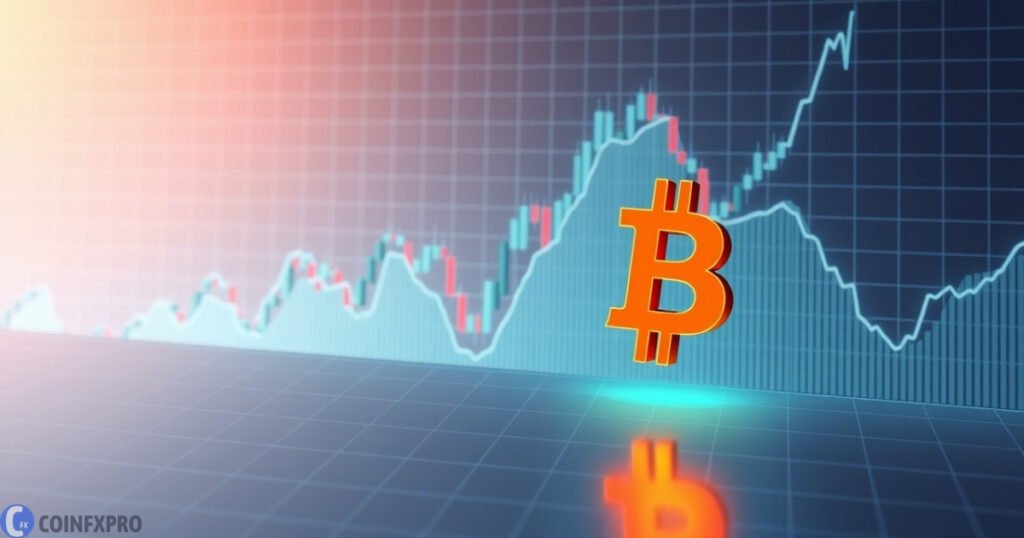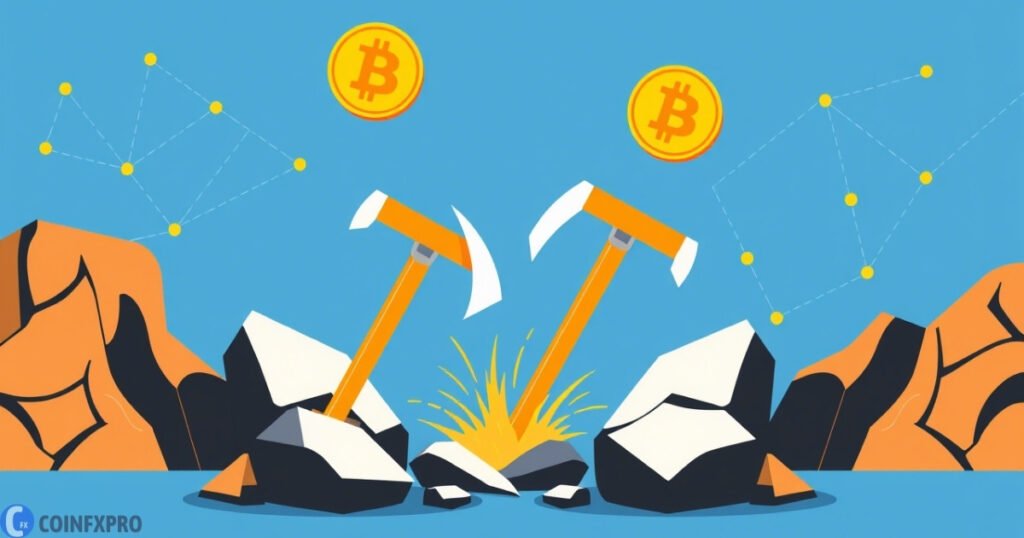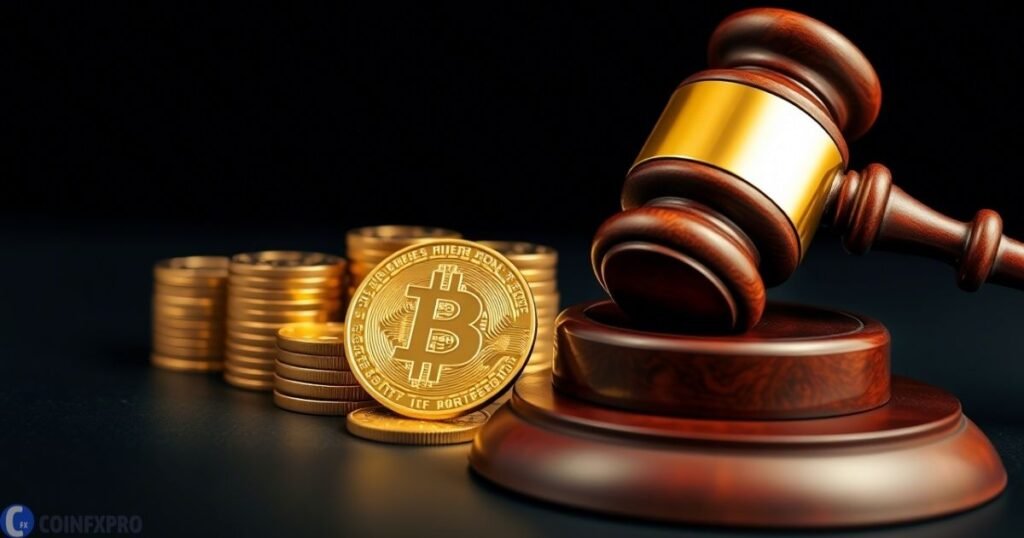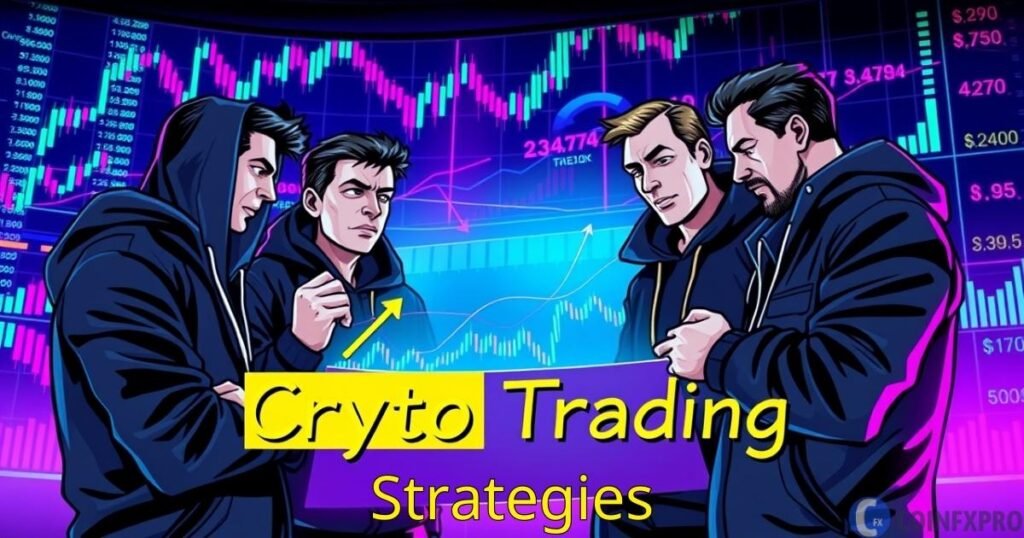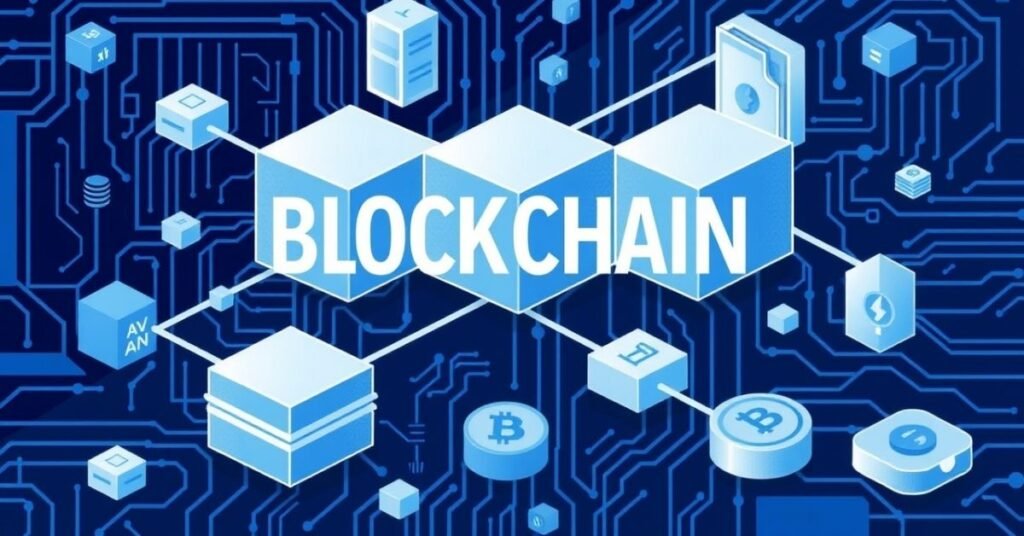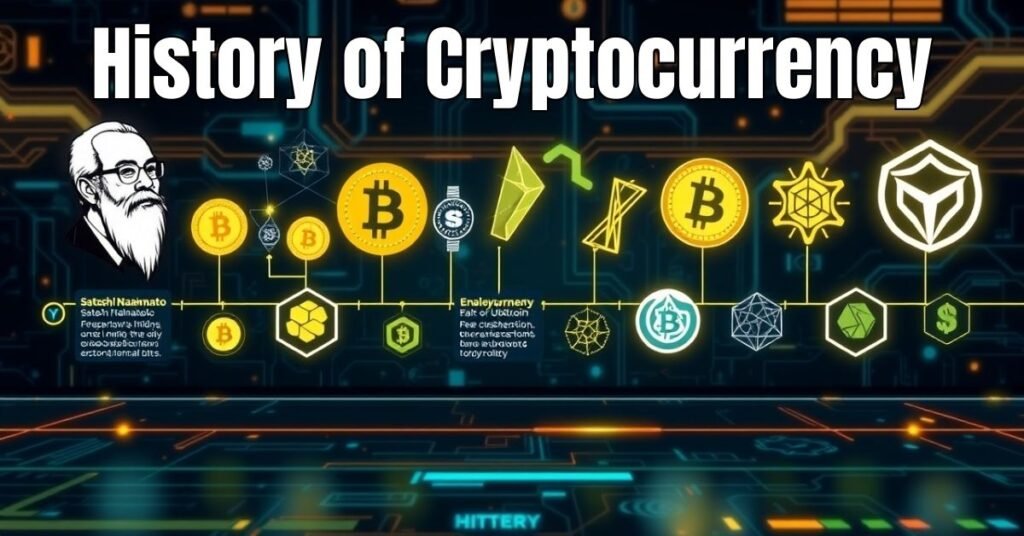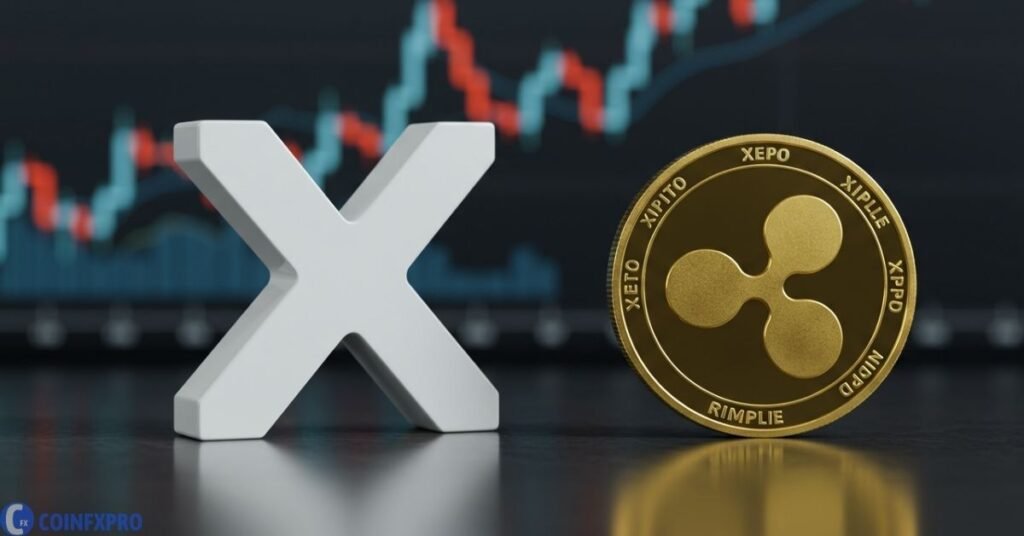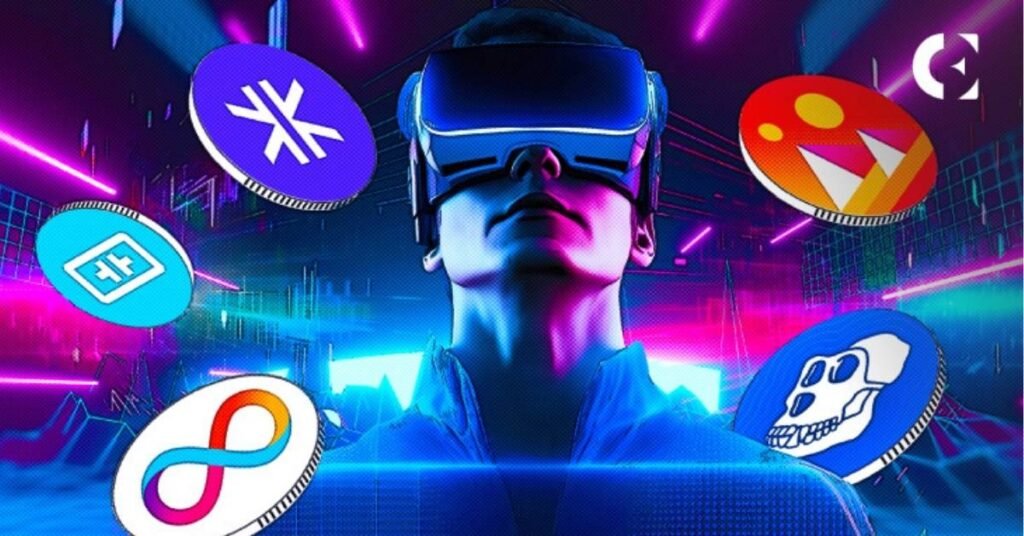Table of contents
- 1 What is Token Holder? Token Holder Role and Rights (2024)
What is Token Holder? Token Holder Role and Rights (2024)
Who is the token holder in the world of cryptocurrencies and Web3? Explore the roles, benefits, risks, and latest trends for token holders in 2024 to make smart investment decisions.
In the rapidly evolving world of cryptocurrencies and blockchain, the term “token holder” is becoming increasingly popular. But what is a token holder, what role do they play in this potential Web3 ecosystem? And most importantly, what rights and responsibilities do they have? This article will delve into the Token Holder concept and give you the most complete and up-to-date overview of their role, benefits, risks and key trends in 2024.
A token holder is an individual or organization that holds a certain number of tokens on a blockchain. They may hold different types of tokens, such as utility tokens, governance tokens, security tokens or NFTs, each with their own distinctive functions and benefits.
What is a Token Holder? Definition and Classification
Definition of Token Holder
Basically, a token holder is an individual, organization or even a smart contract that owns one or more tokens of a specific blockchain project. Tokens here can be cryptocurrencies, utility tokens, governance tokens, security tokens, or other types of tokens.
- Utility token: Provides access to a specific pr,oduct or service. For example, BNB (Binance Coin) is used to reduce trading fees on the Binance exchange.
- Governance Token: Allows holders to participate in the decision-making and governance of a project. For example, UNI (Uniswap) allows users to vote on protocol changes on the decentralized Uniswap exchange.
- Security token: represents ownership of real assets (such as stocks, bonds, real estate) and complies with securities regulations. For example, tokens representing shares of a startup company are regulated by the U.S. Securities and Exchange Commission (SEC).
- Non-Fungible Token (NFT): represents ownership of a unique digital asset, often digital artwork, in-game items or digital collectibles.
NFTs will account for about 2% of the total value of the cryptocurrency market by early 2024, but there is huge growth potential in areas such as digital art, gaming and the metaverse.
Classification of Token Holders
Token holders can be grouped based on several different characteristics, such as the amount of tokens they own, the purpose of their investment, and the extent of their involvement with the project. A few common types are as follows:
| Token Holder | Feature | Market share (2024) |
|---|---|---|
| Retail Holder | People buy small amounts of tokens, usually without power over the project. | About 65% (According to CoinGecko) |
| Whale Holder | The organizations or individuals who hold large amounts of tokens can often influence pricing and project decisions. By the general definition, a “whale” is generally someone who holds at least 1% of the tokens’ total supply. | About 22% (According to Chainalysis) |
| Developer/Team | For a particular project development team, a portion of the tokens will be allocated to reward or incentivise their contribution. | About 13% (According to Messari) |
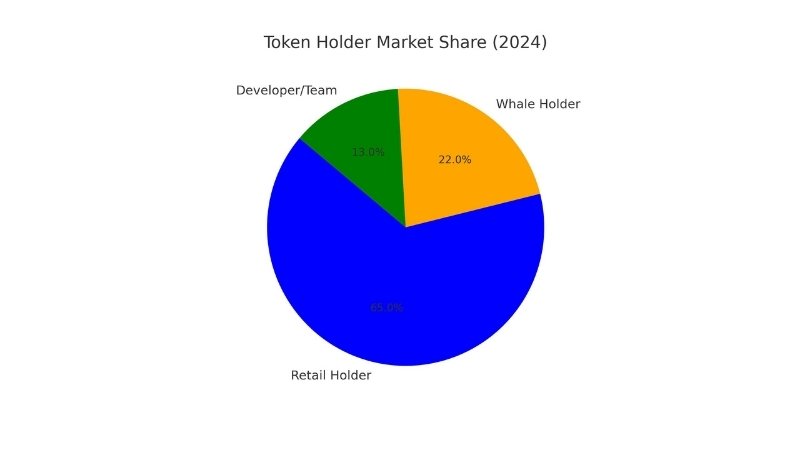
The role of the token holder in the Web ecosystem Web3
1. Maintaining decentralization
A token holder has one of the crucial jobs to maintain the decentralization of a blockchain network. A true decentralized governance model does not concentrate power in the hands of a few people or organizations, instead it is distributed to a large) number of users who hold the tokens. It makes the network more secure and harder to manipulate.
One example of this is the first and largest cryptocurrency Bitcoin, which has approximately 1.28 million active wallet addresses (datanoma, 2024 data; Glassnode, 2024). The total supply of 21 million BTC is distributed in such a way that no organization holds over 5% of the total Bitcoin supply, which keeps the network decentralized.
An example in this genre would be that of MakerDAO, one of the top DeFi (decetralized finance) projects, with more than 120,000 MKR token holders. These members vote on key decisions, including the interest rate of the stable DAI currency and what assets can be used as collateral.
2. Increse the price of the token.
It also incentivizes token holders to promote the token value. HODLers help to reduce the circulating supply in the market by holding tokens, thus creating scarcity and possibly driving up the price.
As an example, almost 58% of ETH (according to Glassnode) is stored in wallets longer than 2 years (2024 Data). Such confidence in the long-term prospects of Ethereum lends to price stability.
Furthermore, a lot of projects also incentivize their users to “stake” their tokens. In return, you receive rewards for blocking tokens for a certain period of time to support network operations.
For instance, about 25% of the total BNB supply is being staked earning ~6% APY (Annual Yield) (Source: Binance, 2024 data).
3. Participate in the governance of the DAO (Decentralized Autonomous Organization)
In projects using the DAO model, token holders have the right to participate in the governance of the project. They can vote on proposals for protocol changes, funding allocations and other important decisions. Voting power is usually proportional to the number of tokens a person holds.
For example:
- ApeCoin DAO, a decentralized autonomous organization created for the Bored Ape Yacht Club (BAYC) ecosystem, has voted to distribute $100 million to metaverse projects.
- Uniswap, the leading decentralized exchange, has voted to integrate Polygon zkEVM, a layer 2 scaling solution for Ethereum. More than 92% of UNI token holders voted in favor of the proposal.
- Decentralizing power helps in decentralizing the true nature of token holders.
- Rewards on HODLing and token stake yield higher returns.
- It gives DAO token holders a say in project decisions.
Token Holder benefits in 2024
1. Financial benefit
A good number of people who become token holders do so primarily for profit motives. Holding tokens can generate profit in multiple ways:
- Staking rewards: as mentioned in the previous point, staking tokens can yield high revenues. Depending on the project and the sort of token, average staking interest rates are between 3% and 12%. For instance, Ethereum has an interest rate of about 4.2%, while Solana has an interest rate of about 7.5%.
- Airdrop: some projects utilize free tokens to users as a part of the marketing campaign — this method is attractive in rewarding early supporters. E.g. In 2024, there was a huge airdrop of StarkNet (STRK) tokens to 1.8M addresses with an average market value of approximately $2000 per wallet.
- Distributions: Certain Security Tokens can, by nature, promise and maintain ownership dividends to their holders. One such example is RealT, a blockchain-based real estate tokenization platform that enables users to buy tokens indicating fractional ownership of an estate and receive dividends from rent payments.
- Token prices rising: If the project does well and interest in the token increases, the token can gain great value which will bring profit for the holders.
2. Governance
As discussed above holders of governance tokens have the right to participate in the governance of the project.
- Voting Power: Most of the time, every token counts as a vote. People get as many tokens and as much power in decision-making as they have tokens. Two well-known DeFi projects that employ this model are Uniswap and Aave.
- Delegation: This allows users to delegate their votes to others, mostly professionals or experts in a specific domain. For example, Lido Finance, which is a liquidity staking protocol providing Ethereum staking services, allows users to delegate their voting power to validators within its network. Currently, around 34% of Lido token owners have delegated their votes.
- Making amendments: In some big projects, the holders have the option to suggest changes to the protocol, if enough votes are acquired, the suggestion becomes reality.
3. Legal rights (applies only to security tokens)
Security tokens are qualified as securities and to the regulations that go along with them. Security tokens come with legal rights similar to those of traditional securities, including:
- Legally protected: In the United States, the Securities and Exchange Commission (SEC) regulates the issuance and trading of security tokens. In Europe, the new Markets in Cryptoassets Regulation (MiCA) will take effect in 2024 and also will provide a framework with consideration for security tokens.
- Real-world asset representation: security tokens could represent ownership of real-world assets (like stocks, bonds or real estate). BUIDL, BlackRock’s security token, is an SEC Regulation D-compliant private offer for accredited investors.
- Right to dividends and other benefits: As mentioned above, Security Token holders can obtain dividends and other benefits just like regular shareholders do.
- Token holders main interests consist of financial return, governance rights and legal rights (for security tokens).
- Investors can profit from staking, airdrops, and dividends.
- Such governance rights enable token holders to vote, delegate and propose changes.
The Dangers of Being a Tokenholder
1. Market Fluctuations
Data shows the crypto market is notoriously volatile. A token’s price can rise or fall dramatically over a short time frame, meaning the holder is at risk for loss.
NOTE: Having over 70% of altcoins (cryptocurrencies other than Bitcoin) fell more than 80% accordingly to the CoinMarketCap in the past bear market of 2024.
Case in point — Terra (LUNA), a once-popular blockchain project, collapsed in 2022, and holders of LUNA tokens lost almost all of their money (more than a 99% decrease).
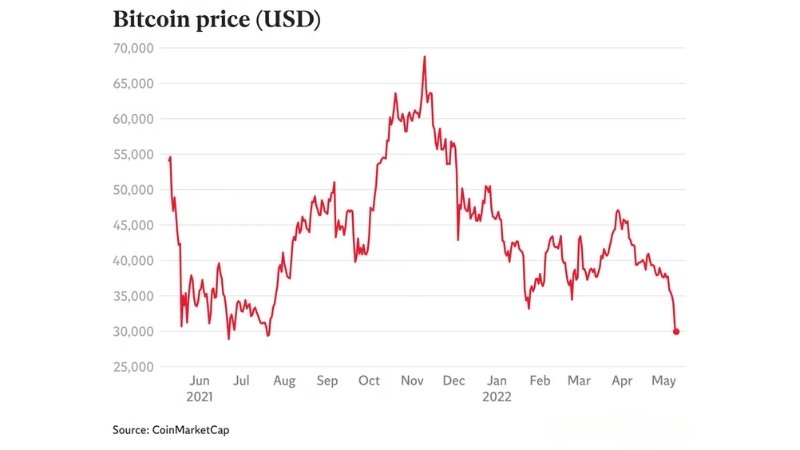
Bitcoin price chart showing a sharp decline, illustrating market volatility risks for token holders during a financial crisis.
2. Legal risks
Due to the immaturity and the potential for rapid change in the regulatory enviroment for cryptocurrencies and blockchain. A lack of legal clarity can expose token holders to risks.
For instance, the SEC sued Ripple, creator of the XRP cryptocurrency, in 2020, claiming that XRP was an unregistered security. This lawsuit made the price of XRP crash (of ~60%).
New regulation: The EU will implement the Markets in Cryptoassets Regulation (MiCA) in 2024. If applied, this regulation would force cryptoasset service providers to submit to a strict set of rules, including KYC for token holders.
In some countries, owning cryptocurrencies is illegal and may even result in imprisonment.
3. Scamming and carpet pulling
Many scams also lie within the cryptocurrency market. In a scam project, the scammer creates fake tokens or uses gimmicks to lure the investor and abscond with money.
2024 the second worst yearlosses in dApps on DeFi (decentralized finance) related scams were approx $4.3 billion (according to Chainalysis).
For example, Squid Game Token (SCAM), a token “inspired” by the popular TV series “Squid Game”, skyrocketed in price and then completely collapsed (price to 0) within minutes, causing many investors to lose everything.
- The main risks include market volatility, legal risks and fraud.
- The cryptocurrency market is very volatile, which can lead to large losses.
- Cryptocurrency laws are immature and subject to change.
- Scams and scams are constant threats.
For Token Holders – Trends for 2024
1. Real World Asset (RWA) Tokenization
One of the big trends is putting real-world assets on the blockchain. This also opens up opportunities, including: Access to Untapped sources of capital — tokenized assets will attract worldwide investors; Liquidity — tokens are traded much more easily than real assets; Transparency — all trades are duly recorded.
Another example is Ondo Finance, a DeFi platform that created a tokenized U.S. government bond, which allows users to invest for yields between 5% and 7%.
The Real Asset Tokenization Market Is Headed for $16 Trillion by 2030: Boston Consulting Group (BCG)
2. SocialFi: Implications for content ownership
SocialFi (Social Finance) is the merger of social networking and decentralized finance. SocialFi – a platform that enables users to earn money from content generated or activities noticed in social networks.
For example, Friend. tech, a SocialFi platform built on the Base blockchain, lets people buy and sell “keys” (a type of token) of influencers on social networks. The key holders are in private chat groups and can gain monetary benefits with the growth of the community.
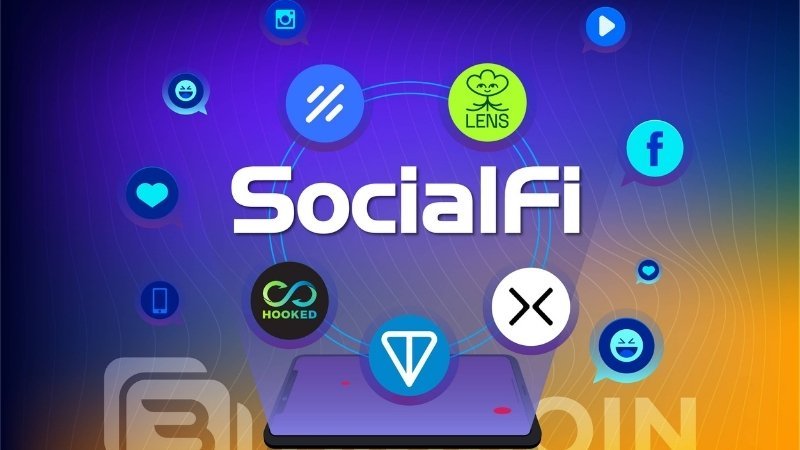
3. AI-Driven Governance
Introduction Artificial intelligence (AI) is a growing technology used in the governance of decentralized autonomous organizations (DAOs). AI can analyze proposals, predict voting outcomes and even make decisions automatically by predefined rules.
For example::
- Fetch. ai this platform uses AI to analyze the proposals in its DAO. AI capable of detecting duplicate proposals, checking feasibility and predicting voting outcomes It streamlines the decision process of token holders, making them faster and more efficient.
- Aragon: This project is building tools for DAOs to automate governance processes using AI. One such example is using AI to disburse funds on an automatic basis based on certain predetermined criteria or to instantiate smart contracts upon certain event criteria.
- Ocean Protocol: It enables the secure and transparent sharing and monetization of data by DAOs This data can be analyzed using AI and make management decision based on analysis.
There are many potential benefits from leveraging AI in DAO governance, such as:
- Improved efficiency: AI can streamline the processes that take up time and resources, which can help make DAOs more efficient.
- Better decision making: AI can process lots of data and make data-driven decisions instead of mere intuition.
- Higher transparency: AI decisions can be made on the blockchain to enable their transparency and auditability.
- Fraud and harm protection: AI can scan for fraudulent activity or harmful proposals, reducing risk to the DAO.
- Real asset tokenization, SocialFi and AI governance are among the key trends.
- Real world asset (RWA) tokenization enables liquidity and access to traditional and tangible assets.
- SocialFi is new business model based on new combination of social networks and decentralized finance.
- DAO Governance Efficiency, Transparency, Security: Role of AI Creators Institute
FAQ – (Frequently Asked Questions)
How much tokens should participate in DAO Governance?
How to mitigate risks when you are holding tokens?
Conclude
Token Holders Role In Crypto:From passive asset holders to active contributors, token holders play an integral part in the cryptocurrency ecosystem. But there are also risks and challenges involved in being a token holder. We hope this article has given you a comprehensive overview, remove the essence of token holder, so you can make wise and reasonable investments
References & Sources
- CoinGecko – 2024 Token Holder Statistics
- Binance Research – DAO governance trends
- SEC – Security token guide
- Chainalysis – Facts on cryptocurrency market scams
- Messari – Token holder data
- Glassnode– Bitcoin wallet address statistics
- Boston Consulting Group – Token Market Forecast

